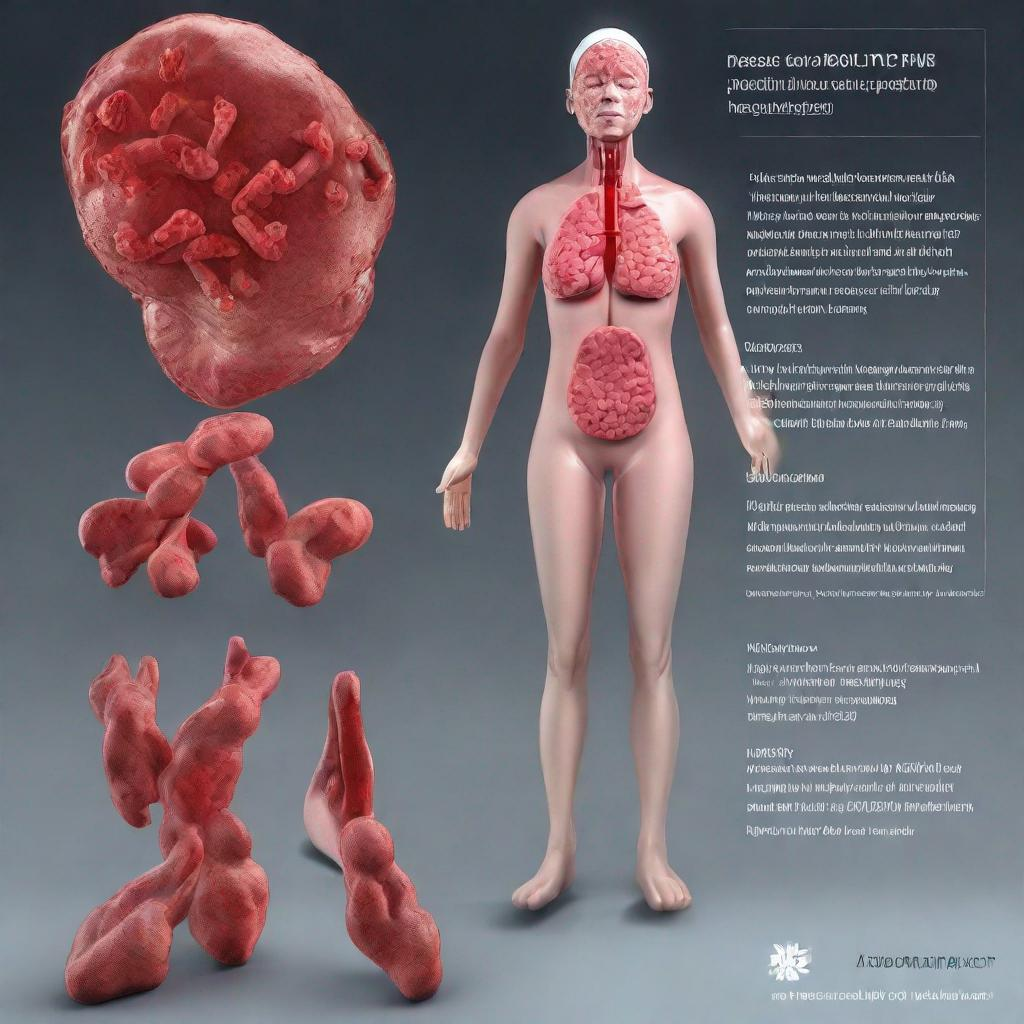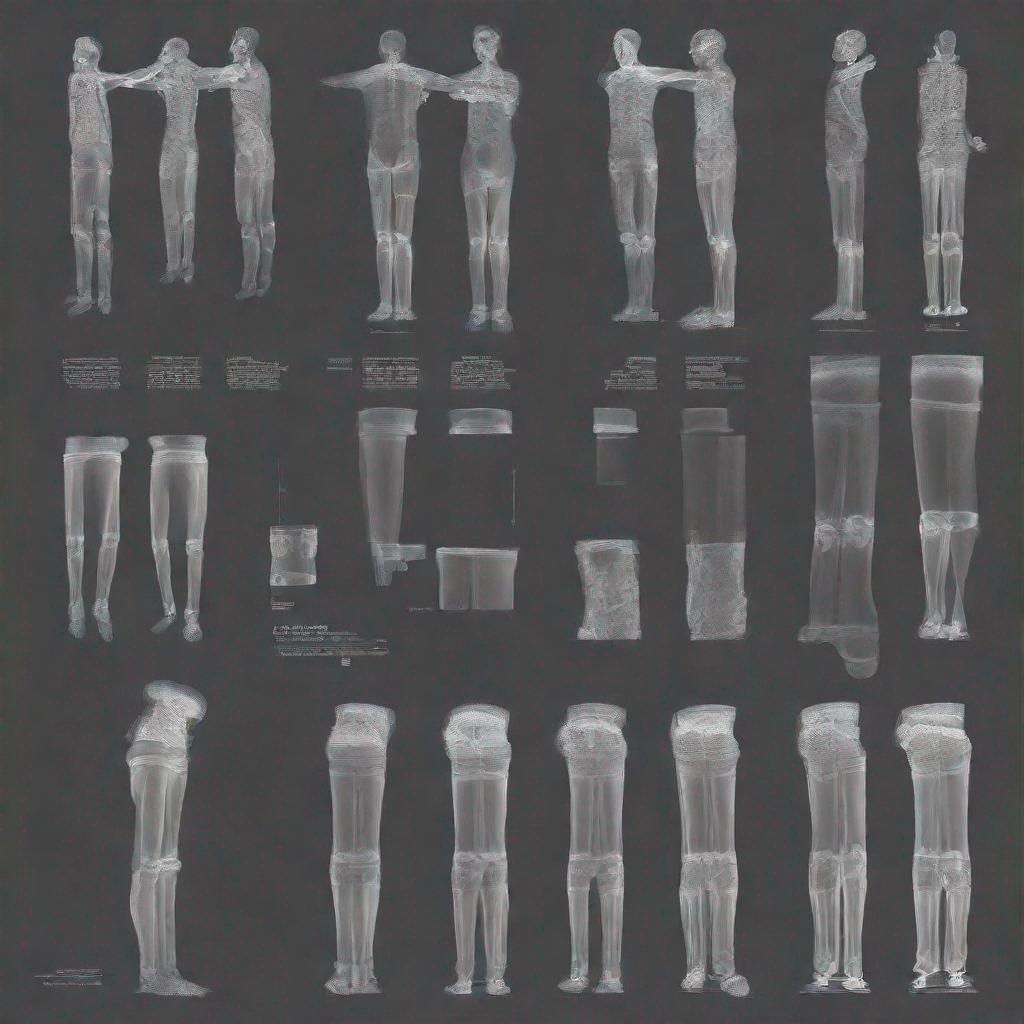## Autoantibodies: Unveiling the Secrets of the Immune System
**Introduction**
Autoantibodies are a type of blood test that detects the presence of antibodies that react against the body’s own tissues and organs. These antibodies, known as autoantibodies, are usually produced by the immune system to protect against infections, but in autoimmune diseases, they mistakenly attack the body’s healthy cells.
**Procedure**
The autoantibody test is typically performed by taking a blood sample. The blood is then analyzed in a laboratory using different techniques, including:
* **Immunofluorescence assay:** Involves staining the patient’s blood with a fluorescent dye to detect antibodies that bind to specific antigens.
* **Enzyme-linked immunosorbent assay (ELISA):** Uses an enzyme-linked antibody to detect the presence of specific autoantibodies.
* **Radioimmunoassay (RIA):** Utilizes radioactive isotopes to identify autoantibodies.
These tests can determine the presence of autoantibodies in the blood and provide information about their specificity and titer (concentration).
**Diagnosis**
Autoantibody tests are used to diagnose various autoimmune diseases and conditions, including:
* **Rheumatoid arthritis**
* **Systemic lupus erythematosus (SLE)**
* **Multiple sclerosis**
* **Myasthenia gravis**
* **Addison’s disease**
* **Graves’ disease**
* **Diabetes**
* **Celiac disease**
* **Sjögren’s syndrome**
* **Vasculitis**
**Importance**
Autoantibody tests are crucial in medical diagnosis because they:
* **Confirm the presence of autoimmune diseases:** Autoantibodies are a hallmark of autoimmune disorders.
* **Identify the specific type of autoimmune disease:** Different autoantibodies are associated with different diseases.
* **Monitor disease activity and response to treatment:** Autoantibody levels can change over time, providing insights into disease progression and treatment effectiveness.
* **Screen for autoimmune diseases in at-risk individuals:** Tests can identify individuals with an increased risk of developing autoimmune conditions.
**Alternatives**
Other tests used to diagnose autoimmune diseases include:
* **Complete blood count (CBC):** Checks for irregularities in blood cell levels.
* **Erythrocyte sedimentation rate (ESR):** Measures the rate at which red blood cells settle in a test tube.
* **C-reactive protein (CRP):** Indicates inflammation in the body.
* **Urinalysis:** Analyzes the urine for signs of kidney or urinary tract involvement.
**Preparation**
No special preparation is typically required for an autoantibody test. However, it’s important to inform the doctor about any medications being taken, as some may interfere with the test results.
**Duration**
The test usually takes a few hours to complete. Results are typically available within a few days.
**Recommendations**
Following an autoantibody test, additional tests may be recommended to confirm the diagnosis and assess the extent of the autoimmune disease. These may include:
* **Imaging studies:** X-rays, CT scans, or MRIs to examine affected organs and tissues.
* **Biopsies:** Tissue samples from affected organs to look for evidence of autoimmune damage.
* **Electromyography (EMG):** Records electrical activity in muscles to diagnose myasthenia gravis.




